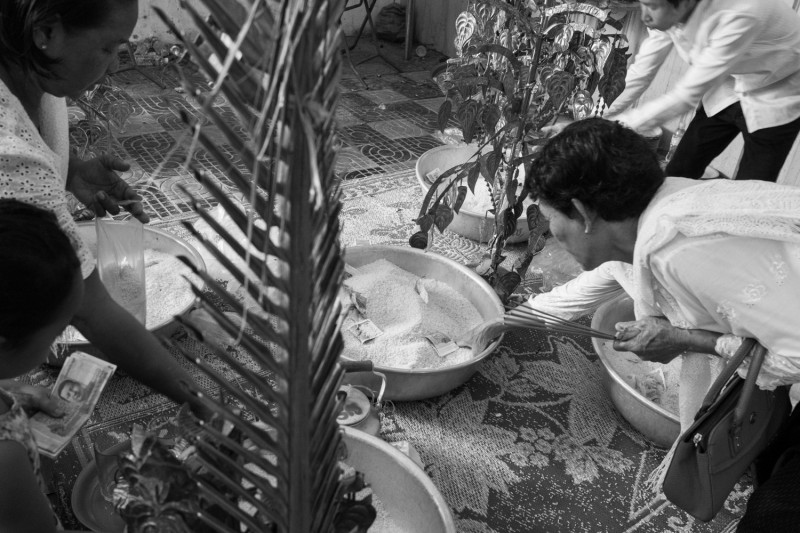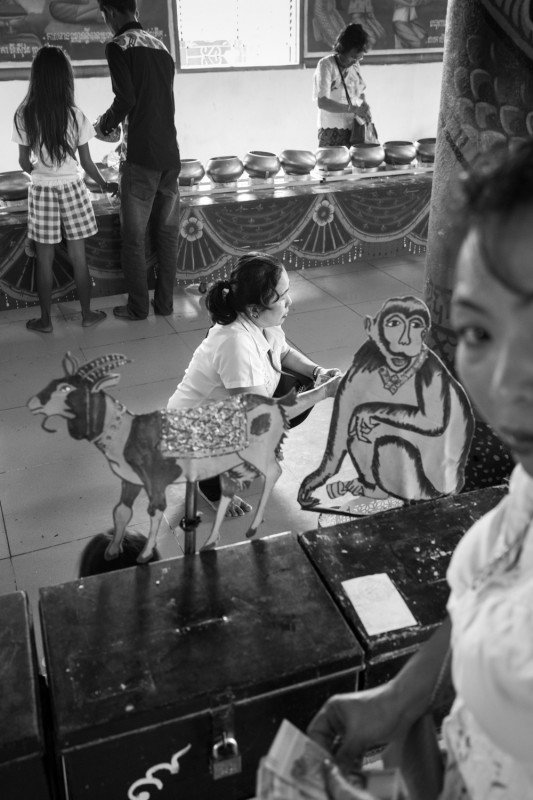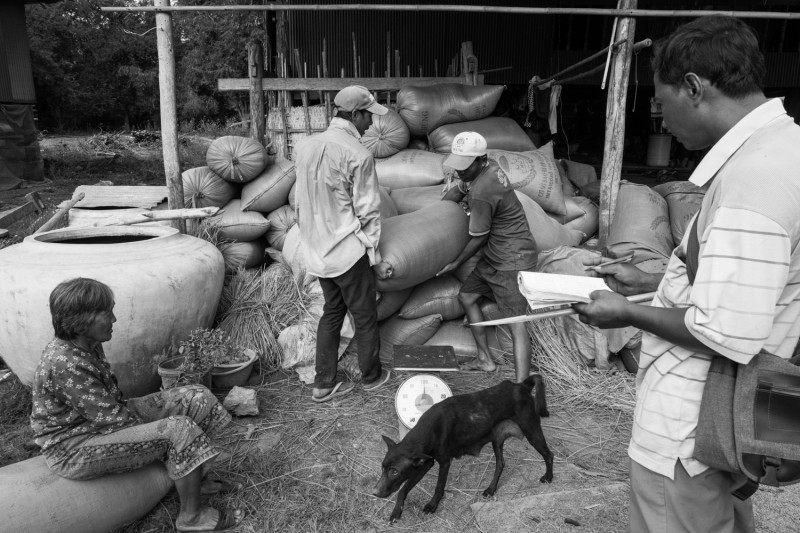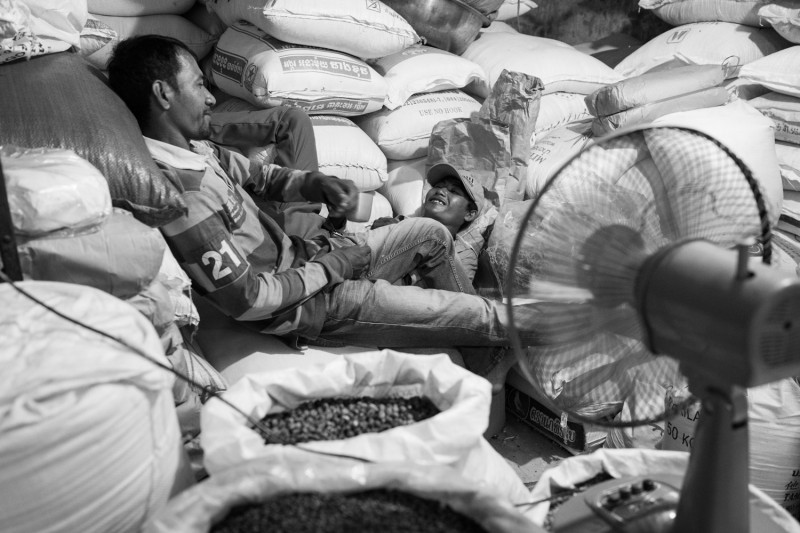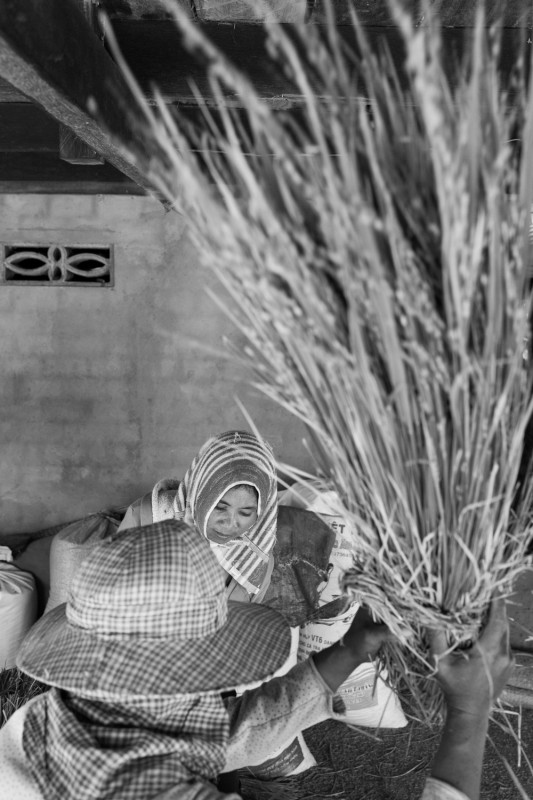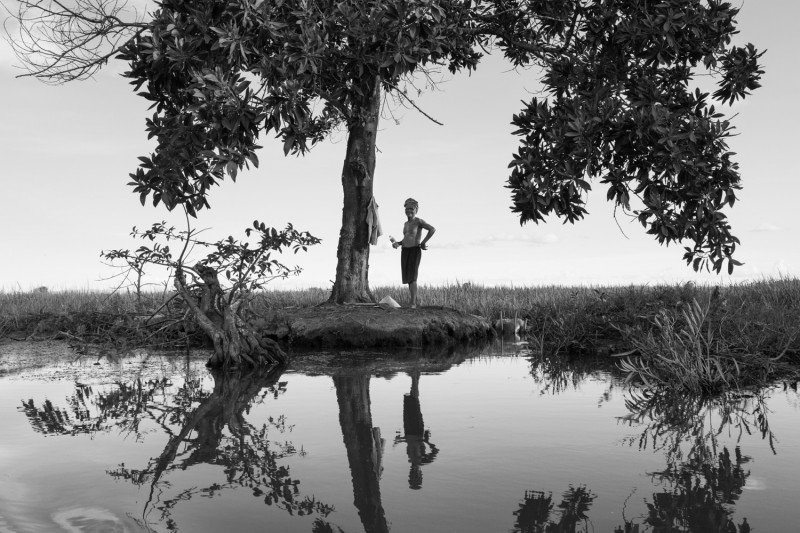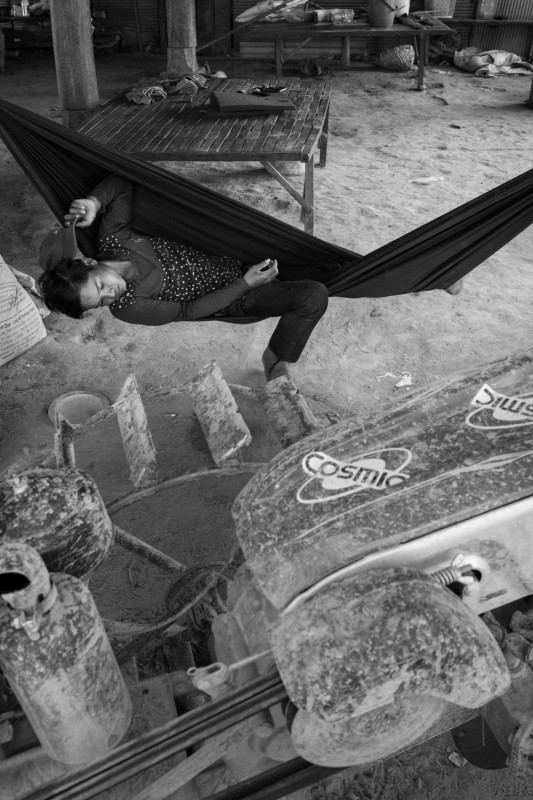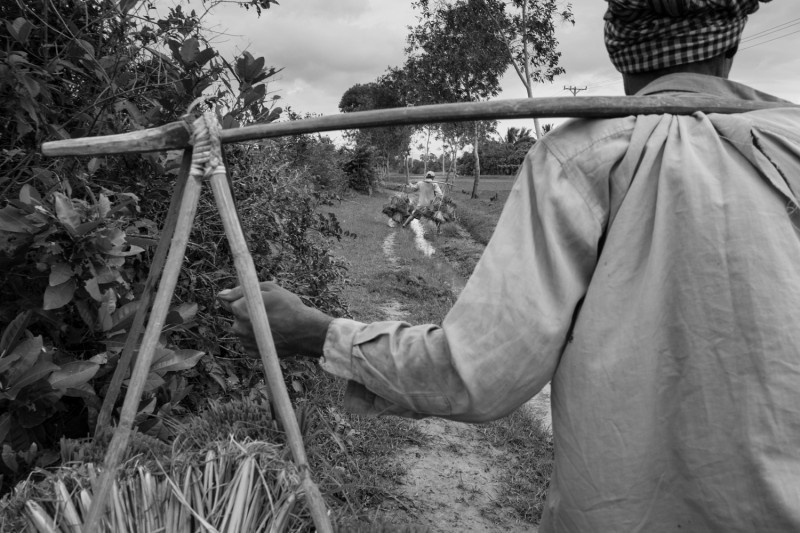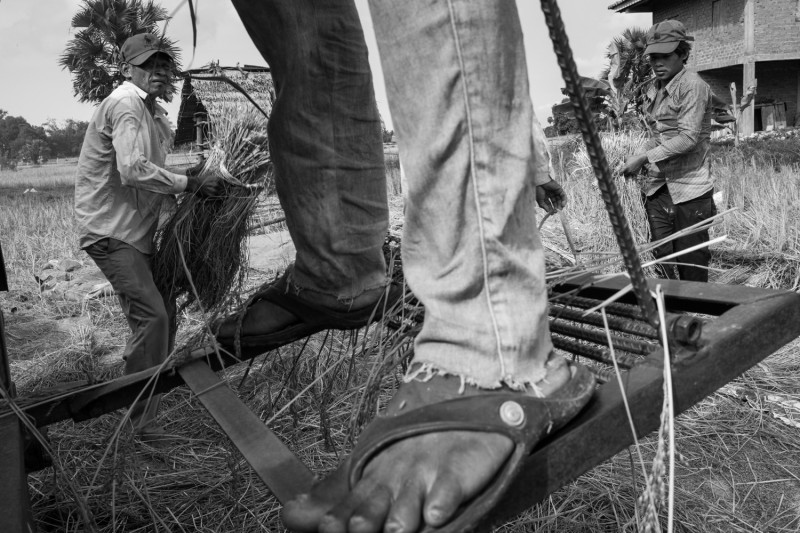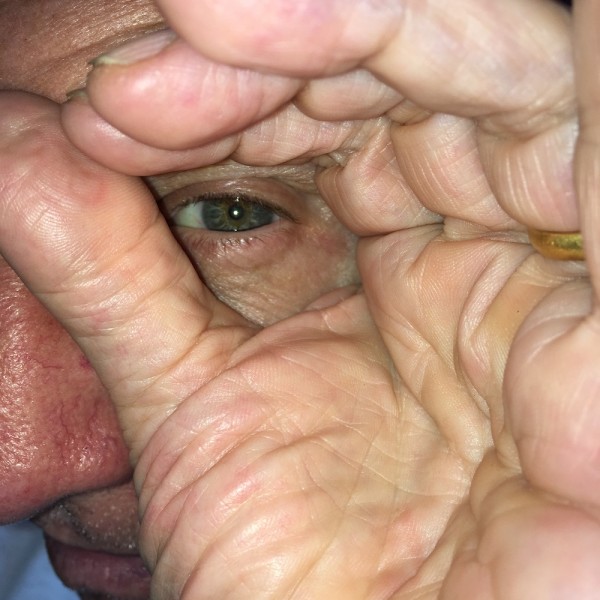The Cycle of Rice
The Cycle of Rice
John Vink
March 9, 2021
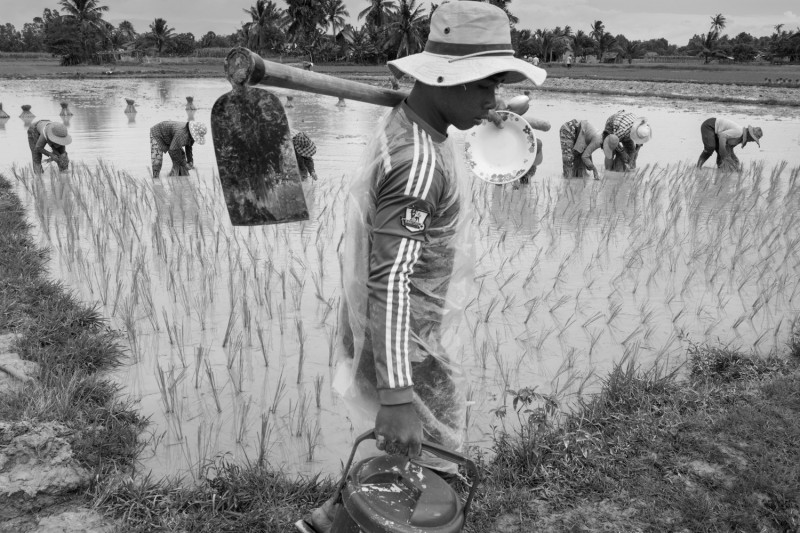
LFI: Mr Vink, what role does rice play in Cambodia today?
John Vink: It is a staple food and is eaten with every single meal. It has been intimately intertwined with Khmer culture for many centuries. However, the cultural significance of rice goes far beyond that of a basic food item.
How did you get into this topic?
I had already spent 16 years in Cambodia, a country I first visited in 1989. Due to various family reasons, it was time to head back to Brussels and, having left Magnum Photos, to reconnect with the market and become involved with the MAPS Photo Agency. Before leaving Cambodia I wanted to work on one suject that is at the core of its society, and so I came up with The Cycle of Rice. There is a binding cultural notion connected with rice, which goes way beyond the fact that it’s the staple food in the region. I proposed the idea to The Cambodia Daily, an English language newspaper, which the increasingly autocratic regime in Phnom Penh has since forced to shut down. We ran six four-page instalments over the course of one year.
What do you want to evoke in the viewer?
I guess I would have to say "reflection". I hope the viewer will think about the implications of development, and in particular the social shifts that come with it, be it in Cambodia or at home.
You often use your photography to document social and socio-political topics and changes. What is it that motivates you?
Well, I simply try to find my way in a world which is complex and not just a reality show. Interesting socio-political topics abound. Probably because I was raised in a rather privileged family with precise guidelines regarding social justice, truth, honesty, work ethics, I quite often end up being upset or irritated by what goes on in the world. The world is not a smooth, gentle and fair place, is it?
What tips would you give to young people who want to enter the world of documentary photography?
Be extremely strict on the ethical aspects of photography despite the increasing temptations not to be; have a strong work discipline; and get yourself good shoes. Do not conceptualise too much at the beginning of a story. Just basic research will do. Having an open mind and being ready to change direction along the way is just as important as having the initial idea. Take pictures. Lots of them. Photography is a lot about storing up. Refine your story along the way. It is an organic process.
Read the full interview in LFI 2/2021.
John Vink+-
Born in Belgium in 1948, Vink began studying Photography in Brussels in 1968, before starting to work as a freelance journalist. He joined the VU’ Agency in 1986 and received the Eugene Smith Award for the Water in the Sahel project that same year. He lived in Cambodia from 2000 to 2016, reporting on political and social issues. He returned to live in Brussels in 2016, taking pictures for the MAPS Photo Agency. More

